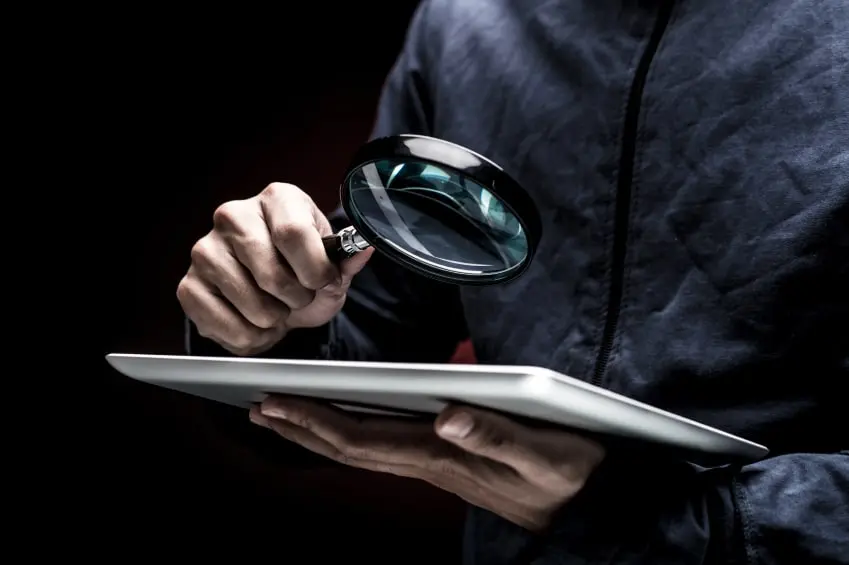In today’s complex world, the need for truth, clarity, and evidence has never been greater. From personal matters to corporate disputes, people often encounter situations where answers are hard to find. This is where private investigators step in, offering specialized skills to uncover facts, resolve uncertainties, and provide peace of mind. The work they perform is both intricate and essential, requiring discretion, professionalism, and a deep understanding of human behavior.
What is Private Investigation?
The term private investigation refers to the professional practice of gathering information, conducting surveillance, and analyzing facts to assist individuals, businesses, or legal professionals in resolving issues. Unlike law enforcement, which primarily addresses criminal activity on a broad scale, private investigation is more focused on specific cases or concerns raised by clients. These may involve locating missing persons, verifying suspicions, uncovering fraud, or gathering evidence for legal proceedings.
Why People Seek the Help of Investigators
Private investigators serve a wide range of needs, bridging the gap between suspicion and certainty. Common reasons why people turn to their expertise include:
- Personal Relationships: Addressing concerns of infidelity, verifying background details, or ensuring safety in sensitive situations.
- Corporate Concerns: Investigating employee misconduct, fraud, or breaches of trust within a business setting.
- Legal Assistance: Collecting evidence to support cases in court, whether civil or criminal.
- Missing Persons: Locating loved ones who have disappeared or individuals who need to be found for legal or financial reasons.
In each case, the investigator provides clarity that might otherwise remain out of reach.
Essential Skills of a Private Investigator
The effectiveness of private investigators lies in their unique set of skills. These include:
- Observation and Attention to Detail: The ability to notice subtle behaviors and small discrepancies.
- Discretion and Confidentiality: Handling sensitive information responsibly while protecting client privacy.
- Analytical Thinking: Piecing together bits of information to form a complete picture.
- Communication Skills: Interviewing people effectively to extract useful insights.
- Technical Knowledge: Using surveillance equipment, databases, and modern technology to support investigations.
These qualities distinguish professionals in the field and ensure their findings are reliable.
Methods and Tools Used in Investigations
Private investigation has evolved significantly with advancements in technology. Modern investigators use a combination of traditional and innovative methods, such as:
- Surveillance: Monitoring individuals or locations discreetly to gather behavioral evidence.
- Background Checks: Reviewing public records, financial documents, and other sources of information.
- Digital Forensics: Analyzing electronic devices or online activity to detect fraud or hidden communication.
- Interviews and Inquiries: Speaking with associates, witnesses, or acquaintances for additional context.
By combining these techniques, investigators can uncover information that is both accurate and legally useful.
The Legal and Ethical Framework
Although private investigators work outside of traditional law enforcement, their activities are still bound by strict legal and ethical guidelines. They must respect privacy laws, avoid trespassing, and adhere to professional codes of conduct. Acting within these boundaries ensures that any evidence collected can be valid in legal contexts while maintaining integrity.
The Importance of Confidentiality
Trust is the cornerstone of the investigative profession. Clients often approach investigators during vulnerable times, sharing personal details or sensitive suspicions. Maintaining confidentiality not only protects clients but also upholds the credibility of the profession. A successful investigator is one who can safeguard information as securely as they uncover it.
Challenges in the Profession
Private investigation is not without its difficulties. Some challenges include:
- Risk of Confrontation: Surveillance and monitoring can sometimes attract unwanted attention.
- Complexity of Cases: Situations may involve multiple layers of deception or conflicting information.
- Emotional Impact: Dealing with sensitive cases such as infidelity or missing persons can be emotionally taxing.
- Evolving Technology: As people become more tech-savvy, so do the methods used to conceal information.
These hurdles require resilience, adaptability, and a commitment to continuous learning.
How Private Investigators Impact Society
The role of private investigators extends beyond individual cases. Their work contributes to broader social benefits, such as:
- Supporting Justice: Providing courts with verifiable evidence.
- Preventing Fraud: Safeguarding businesses and individuals against financial or reputational damage.
- Promoting Safety: Ensuring that vulnerable individuals or families receive the truth they need to make informed decisions.
By shining a light on hidden truths, investigators play a quiet yet crucial role in maintaining order and accountability.
Choosing the Right Investigator
For those considering professional assistance, selecting the right investigator is key. Important factors to evaluate include:
- Licensing and credentials.
- Experience in handling similar cases.
- Reputation for discretion and professionalism.
- Transparency about methods and costs.
Taking the time to find a trustworthy professional ensures the investigation is both effective and ethical.
Conclusion
Private investigation is far more than simple surveillance—it is an art of uncovering facts, resolving doubts, and helping people make informed choices. Whether addressing personal, corporate, or legal matters, investigators combine skill, discretion, and determination to provide answers that truly matter. In a world where uncertainties are often hidden behind layers of secrecy, their work ensures that truth remains within reach.




